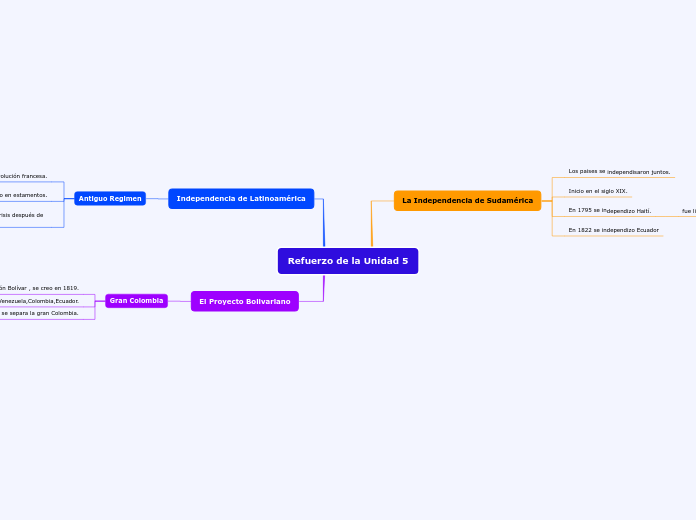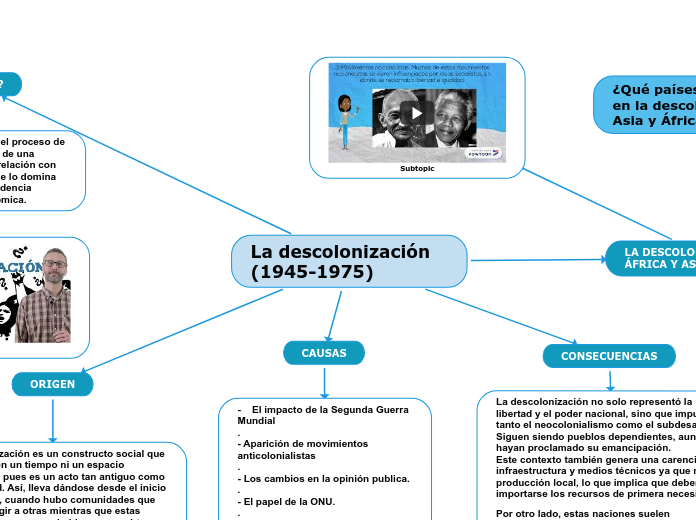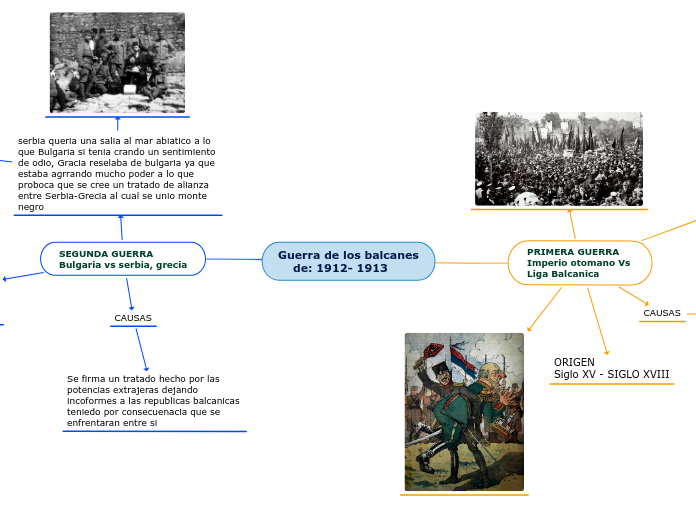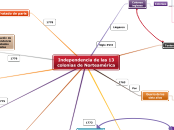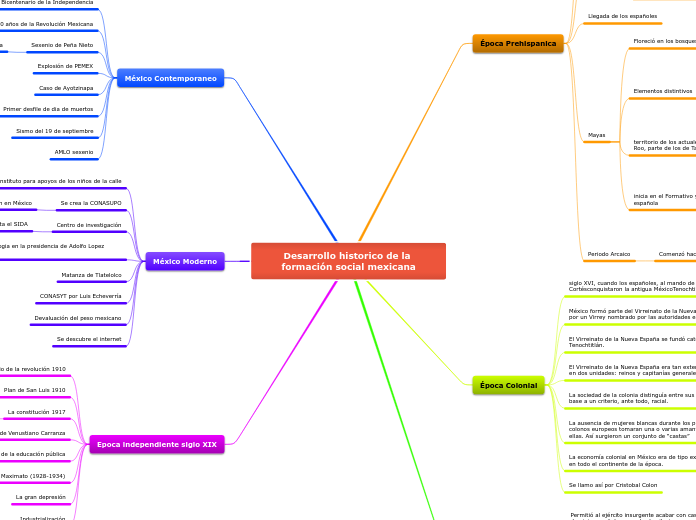Refuerzo de la Unidad 5
In linguistics, syntax is the set of rules, principles, and processes that govern the structure of sentences in a given language, usually including word order.
El Proyecto Bolivariano
A compound sentence is a sentence that has at least two independent clauses joined by a comma, semicolon or conjunction. An independent clause is a clause that has a subject and verb and forms a complete thought.
Gran Colombia
When independent clauses are joined with coordinators (also called coordinating conjunctions), commas and semicolons, they do more than just join the clauses. They add meaning and flow to your writing.
Con la muerte de Bolívar en 1829 se separa la gran Colombia.
Estaba conformada por Venezuela,Colombia,Ecuador.
Fue el sueño de Simón Bolívar , se creo en 1819.
Independencia de Latinoamérica
A complex sentence is a sentence that contains an independent clause and one or more dependent clauses.
An independent clause can stand alone as a sentence, but a dependent clause even though it has a subject and a verb cannot stand alone.
Antiguo Regimen
A predicative clause may be introduced by conjunctions - that, whether, whether... or, as, as if, as though, because, lest, the way - or connectives.
The latter may be conjunctive pronouns - who, whoever, what, whatever, which - or conjunctive adverbs - where, wherever, when, whenever, how, why.
Las economías latinoamericanas estaban en crisis después de las guerras.
Estaba dividido en estamentos.
Apareció durante la revolución francesa.
La Independencia de Sudamérica
En 1822 se independizo Ecuador
En 1795 se independizo Haití.
fue liderado por los esclavos
Inicio en el siglo XIX.
Los paises se independisaron juntos.
